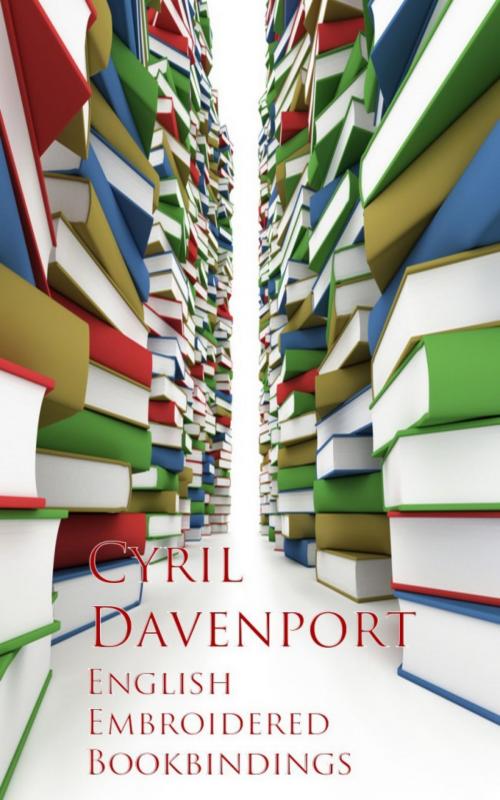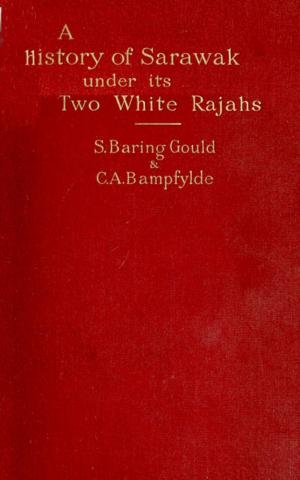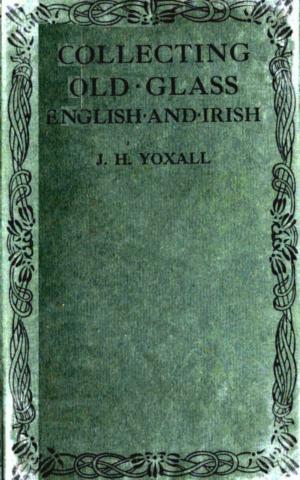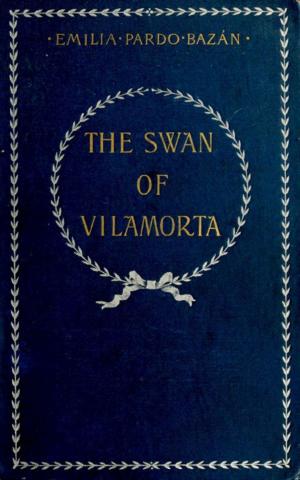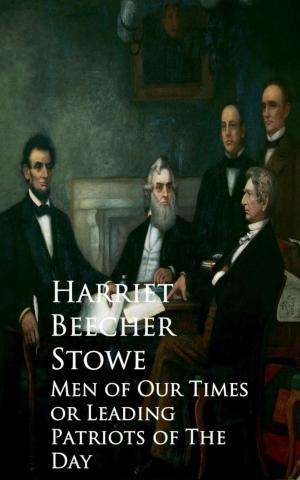| Author: | Cyril Davenport | ISBN: | 9783736406100 |
| Publisher: | anboco | Publication: | August 1, 2016 |
| Imprint: | Language: | English |
| Author: | Cyril Davenport |
| ISBN: | 9783736406100 |
| Publisher: | anboco |
| Publication: | August 1, 2016 |
| Imprint: | |
| Language: | English |
New series of 'Books about Books,' exclusively English in its aims, may seem to savour of the patriotism which, in matters of art and historical research, is, with reason enough, often scoffed at as a treacherous guide. No doubt in these pleasant studies patriotism acts as a magnifying-glass, making us unduly exaggerate details. On the other hand, it encourages us to try to discover them, and just at present this encouragement seems to be needed. There are so many gaps in our knowledge of the history of books in England that we can hardly claim that our own dwelling is set in order, and yet many of our bookmen appear more inclined to re-decorate their neighbours' houses than to do work that still urgently needs to be done at home. The reasons for this transference of energy are not far to seek. It is quite easy to be struck with the inferiority of English books and their accessories, such as bindings and illustrations, to those produced on the Continent. To compare the books printed by Caxton with the best work of his German or Italian contemporaries, to compare the books bound for Henry, Prince of Wales, with those bound for the Kings of France, to try to find even a dozen English books printed before 1640 with woodcutsx (not imported from abroad) of any real artistic merit—if any one is anxious to reinforce his national modesty, here are three very efficacious methods of doing it! On the other hand, English book-collectors have always been cosmopolitan in their tastes, and without leaving England it is possible to study to some effect, in public or private libraries, the finest books of almost any foreign country. It is small wonder, therefore, that our bookmen, when they have been minded to write on
New series of 'Books about Books,' exclusively English in its aims, may seem to savour of the patriotism which, in matters of art and historical research, is, with reason enough, often scoffed at as a treacherous guide. No doubt in these pleasant studies patriotism acts as a magnifying-glass, making us unduly exaggerate details. On the other hand, it encourages us to try to discover them, and just at present this encouragement seems to be needed. There are so many gaps in our knowledge of the history of books in England that we can hardly claim that our own dwelling is set in order, and yet many of our bookmen appear more inclined to re-decorate their neighbours' houses than to do work that still urgently needs to be done at home. The reasons for this transference of energy are not far to seek. It is quite easy to be struck with the inferiority of English books and their accessories, such as bindings and illustrations, to those produced on the Continent. To compare the books printed by Caxton with the best work of his German or Italian contemporaries, to compare the books bound for Henry, Prince of Wales, with those bound for the Kings of France, to try to find even a dozen English books printed before 1640 with woodcutsx (not imported from abroad) of any real artistic merit—if any one is anxious to reinforce his national modesty, here are three very efficacious methods of doing it! On the other hand, English book-collectors have always been cosmopolitan in their tastes, and without leaving England it is possible to study to some effect, in public or private libraries, the finest books of almost any foreign country. It is small wonder, therefore, that our bookmen, when they have been minded to write on
